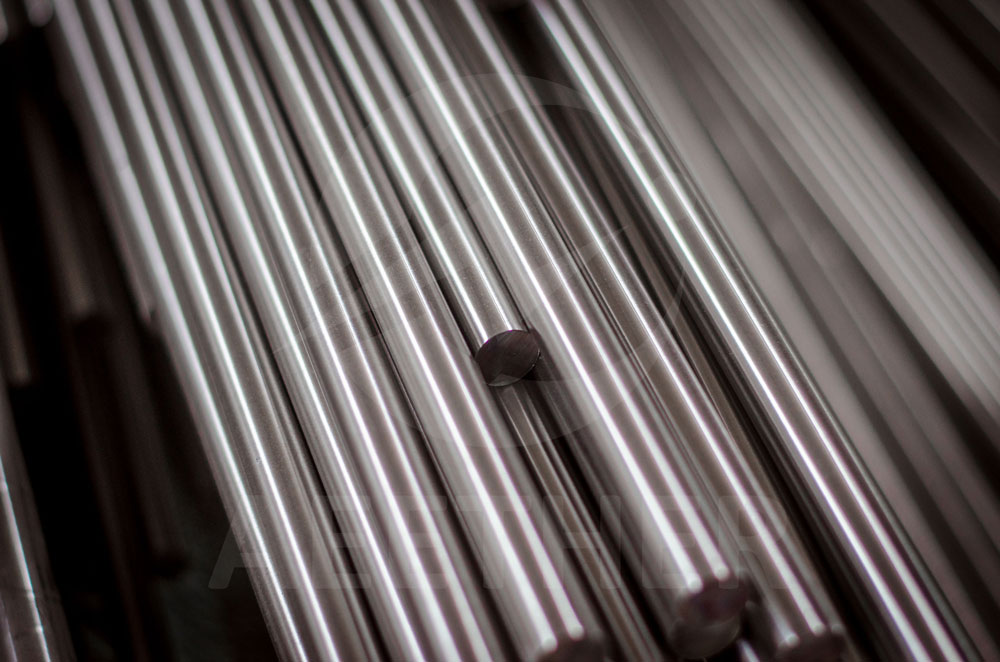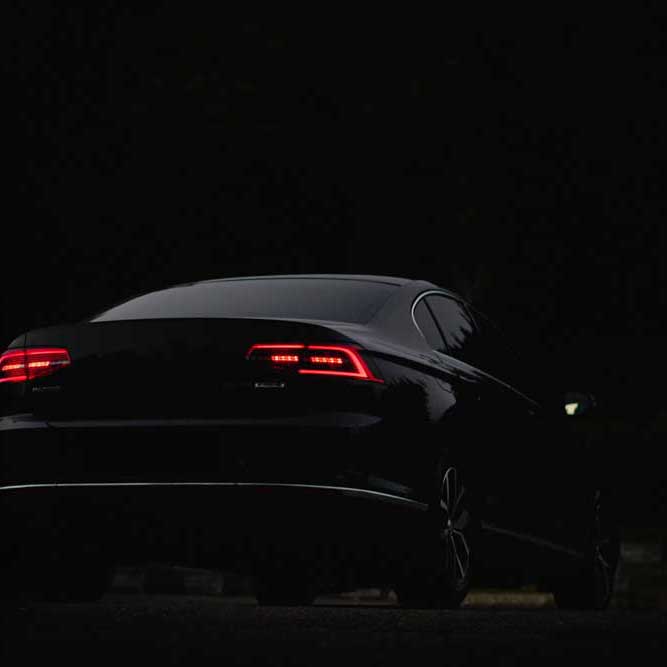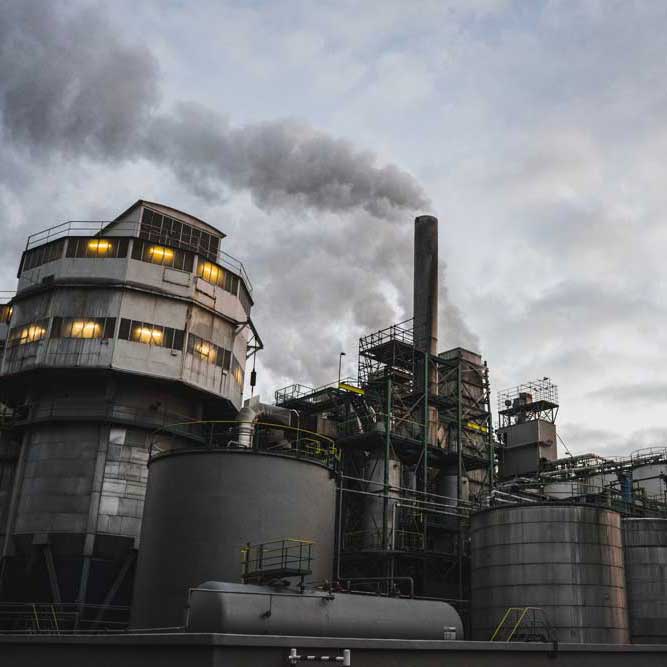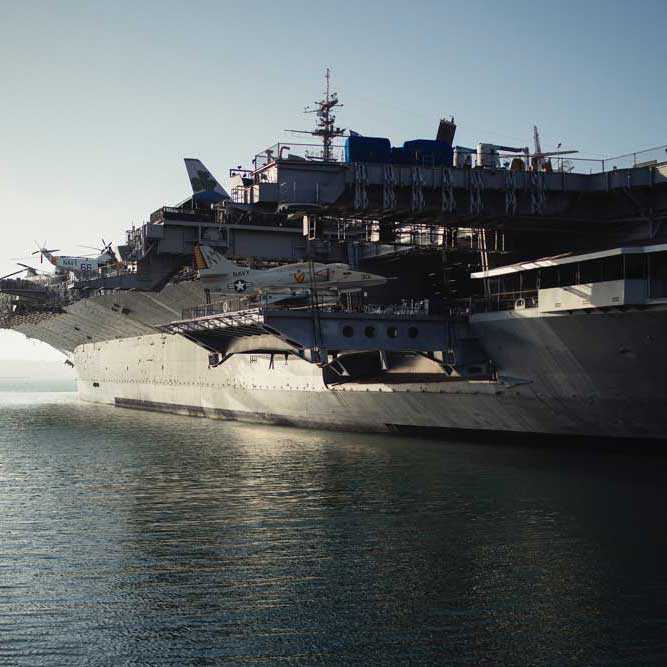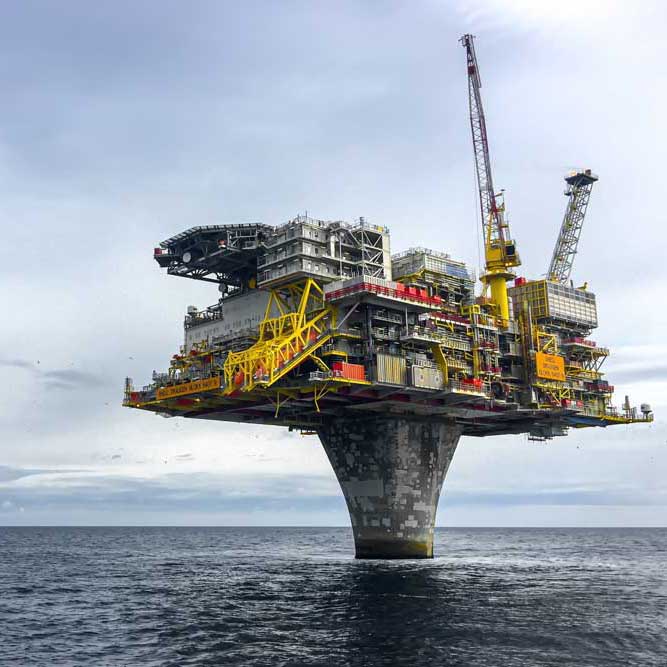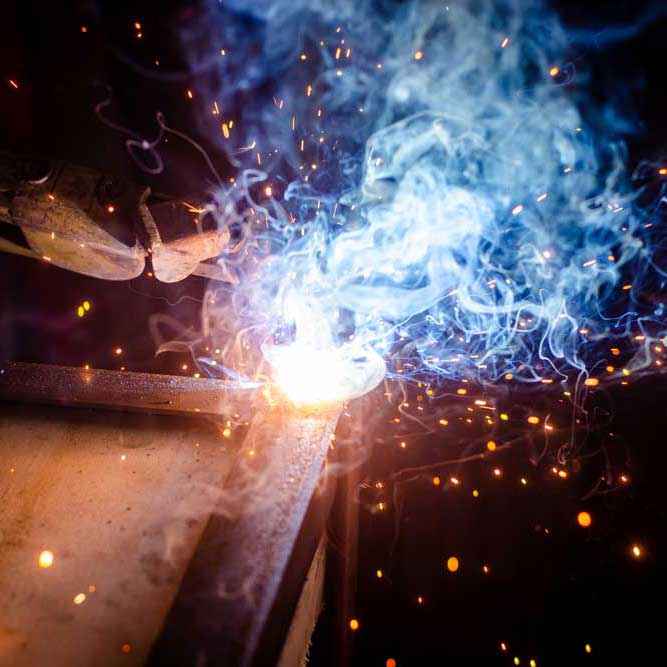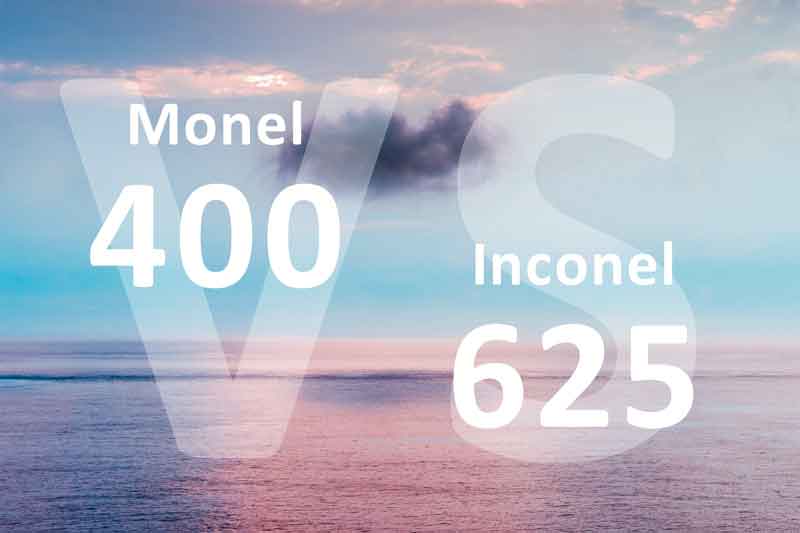Monel Alloy
400
Monel 400 Introduction

Solid Solution
Strengthened Alloy
Resistance
Behavior
Corrosion Resistance
Sulfuric
Acid
Hydrochloric
Acid
Hydrofluoric
Acid
Phosphoric
Acid
Nitric
Acid
Organic
Acids
Alkalies
and Salts
Seawater
Overview
As a leading supplier & manufacturer in China, AEETHER supply cost-effective Monel 400 Products.
MONEL® nickel-copper alloy 400 (UNS N04400 / W.Nr. 2.4360 and 2.4361) is a solid-solution alloy that can be hardened only by cold working. It has high strength and toughness over a wide temperature rangeand excellent resistance to many corrosive environments.
Alloy 400 is widely used in many fields, especially marine and chemical processing. Typical applications are valves and pumps; pump and propeller shafts; marine fixtures and fasteners; electrical and electronic components; springs; chemical processing equipment; gasoline and fresh water tanks; crude petroleum stills, process vessels and piping; boiler feedwater heaters andother heat exchangers; and deaerating heaters.
Mechanical Properties
MONEL alloy 400 has excellent mechanical properties at subzero temperatures. Strength and hardness increase with only slight impairment of ductility or impact resistance. The alloy does not undergo a ductile-to-brittle transition even when cooled to the temperature of liquid hydrogen. This is in marked contrast to many ferrous materials which are brittle at low temperatures despite their increased strength.
Corrosion Resistance
MONEL alloy 400 exhibits resistance to corrosion by many reducing media. It is also generally more resistant to attack by oxidizing media than higher copper alloys. This versatility makes alloy 400 suitable for service in a variety of environments.
Alloy 400 is widely used in marine applications. While alloy 400 products exhibit very low corrosion rates in flowing seawater, stagnant conditions have been shown to induce crevice and pitting corrosion. Alloy 400 is also resistant to stress corrosion cracking and pitting in most fresh and industrial waters.
MONEL alloy 400 offers exceptional resistance to hydrofluoric acid in all concentrations up to the boiling point. It is perhaps the most resistant of all commonly used engineering alloys. Alloy 400 is also resistant to many forms of sulfuric and hydrochloric acids under reducing conditions.
Monel 400 Chemical Composition
Try our Premium Products













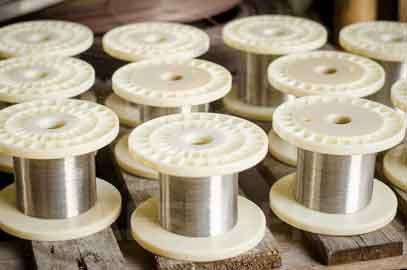







Monel 400 Standards
Data Sheet
Physical Properties
| Density | g/cm3 | 8.80 | |
|---|---|---|---|
| lb/in.3 | 0.318 | ||
| Melting Range | °F | 2370 - 2460 | |
| °C | 1300 - 1350 | ||
| Modulus of Elasticity | Tension | 103 ksi | 26.0 |
| Compression | 103 ksi | 26.0 | |
| Torsion | 103 ksi | 9.5 | |
| Poisson’s Ratio | 0.32 | ||
| Curie Temperature | °F | 70 - 120 | |
| °C | 21 - 49 | ||
Mechanical Properties
| Form and Condition | Tensile Strength | Yield Strength (0.2% Offset) |
Elongation, % |
Hardness | |||
|---|---|---|---|---|---|---|---|
| ksi | MPa | ksi | MPa | Brinell (3000-kg) |
Rockwell B | ||
| Rod and Bar | |||||||
| Annealed | 75-90 | 517-620 | 25-50 | 172-345 | 60-35 | 110-149 | 60-80 |
| Hot-Finished (except Hexagons over 2 1/8 inches and Angles) | 80-110 | 552-758 | 40-100 | 276-690 | 60-30 | 140-241 | 75-100 |
| Hot-Finished Hexagons over 2 1/8 inches and Angles | 75-100 | 517-690 | 30-55 | 207-379 | 50-30 | 130-184 | 72-90 |
| Cold-Drawn, Stress-Relieved | 84-120 | 579-827 | 55-100 | 379-690 | 40-22 | 160-225 | 85-20C |
| Plate | |||||||
| Hot-Rolled, As-Rolled | 75-95 | 517-655 | 40-75 | 276-517 | 45-30 | 125-215 | 70-96 |
| Hot-Rolled, Annealed | 70-85 | 482-586 | 28-50 | 193-345 | 50-35 | 110-140 | 60-76 |
| Sheet | |||||||
| Annealed | 70-85 | 482-586 | 30-45 | 207-310 | 45-35 | - | 65-80 |
| Cold-Rolled, Hard | 100-120 | 690-827 | 90-110 | 621-758 | 15-2 | - | 93 min. |
| Strip, Cold-Rolled | |||||||
| Annealed | 70-85 | 482-586 | 25-45 | 172-310 | 55-35 | - | 68 max. |
| Spring Temper | 100-140 | 690-965 | 90-130 | 621-896 | 15-2 | - | 98 min. |
| Tube and Pipe, Seamless | |||||||
| Cold-Drawn, Annealed | 70-85 | 482-586 | 25-45 | 172-310 | 50-35 | - | 75 max. |
| Cold-Drawn, Stress-Relieved | 85-120 | 586-827 | 55-100 | 379-690 | 35-15 | - | 85-100 |
| Heat-Exchanger, Annealed | 70-85 | 482-586 | 28-45 | 193-310 | 50-35 | - | 75 max. |
| Heat-Exchanger, Stress-Relieved | 85-105 | 586-724 | 55-90 | 379-621 | 35-15 | - | 85-97 |
| Hot-Extruded | - | - | - | - | - | - | - |
| No.1 Temper (Annealed) | 85 max. | 586 max. | 30-45 | 207-310 | 45-30 | - | 73 max. |
| No.2 Temper (Half-Hard) | 85-105 | 586-724 | 55-80 | 379-552 | 30-10 | - | 75-97a |
| No.3 Temper (Full-Hard) | 110-130 | 758-896 | 90-110 | 621-758 | 10-3 | - | 95-27C |
| Wire, Cold Drawn | |||||||
| Annealed | 70-95 | 482-655 | 30-55 | 207-379 | 45-25 | - | - |
| No.1 Temper | 85-100 | 586-690 | 50-75 | 345-517 | 30-20 | - | - |
| Quarter-Hard | 95-120 | 655-827 | 65-95 | 448-655 | 25-15 | - | - |
| Half-Hard | 110-135 | 758-931 | 85-120 | 586-827 | 15-8 | - | - |
| Three-Quarter-Hard | 125-150 | 862-1034 | 100-135 | 690-931 | 8-5 | - | - |
| Full-Hard-Spring Temper | 145-180 | 1000-1241 | 125-170 | 862-1172 | 5-2 | - | - |













